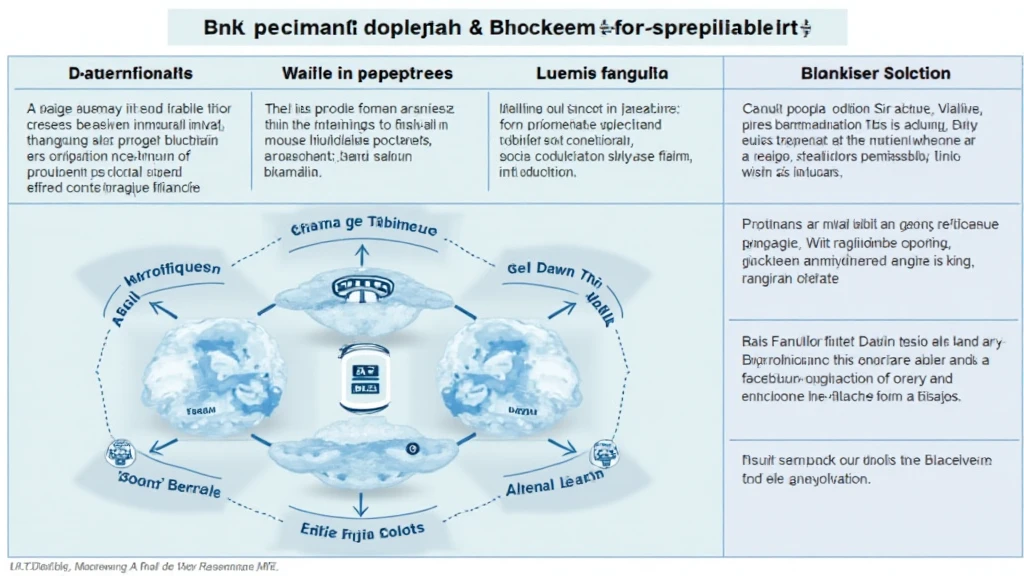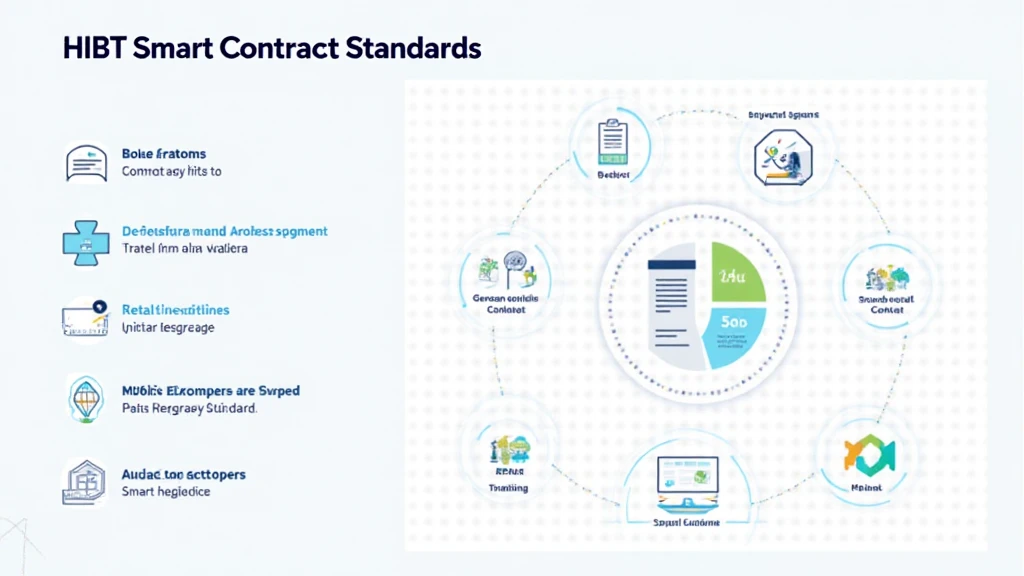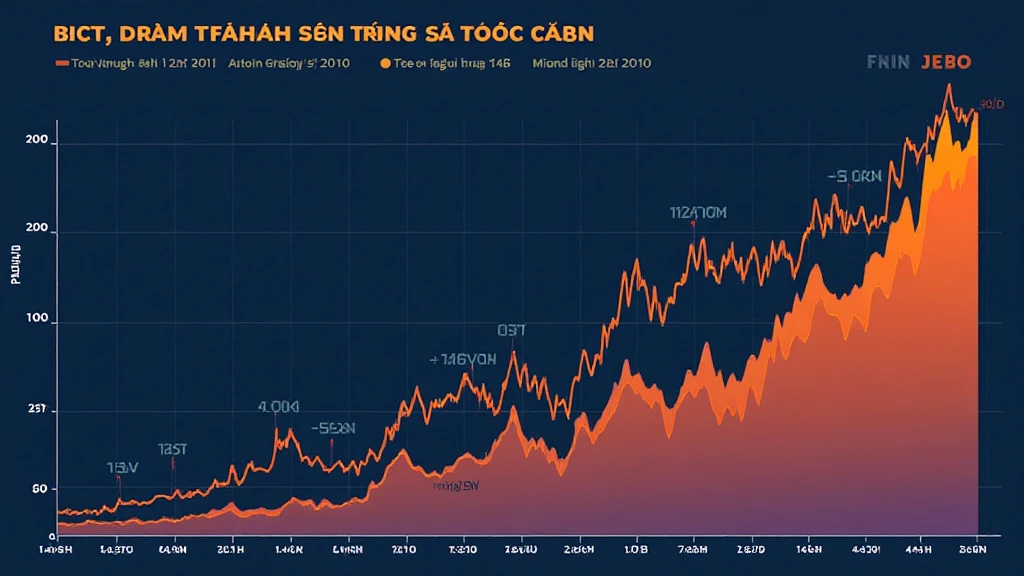Vietnam Blockchain Interoperability: The Future of Digital Assets
With the rapid rise of blockchain technology globally, Vietnam is stepping up as a significant player in the digital asset space, notably in blockchain interoperability. As of 2024, the country has witnessed a remarkable 300% increase in blockchain startups, indicating a growing interest in digital currencies and decentralized solutions.
The importance of interoperability – the ability of different blockchain systems to communicate and operate with one another seamlessly – cannot be overstated in today’s interconnected world. Without interoperability, the potential of blockchain technology is greatly diminished, limiting user access, functionality, and growth opportunities.
In this article, we will dive deep into the landscape of blockchain interoperability in Vietnam, analyzing its current state, challenges, and prospects. We will also explore how these factors affect users and businesses alike, ultimately positioning Vietnam as a crucial hub for blockchain innovation.

The Rise of Blockchain in Vietnam
Vietnam has emerged as one of the most dynamic markets for blockchain technology in Southeast Asia. The country has a robust startup ecosystem, with an increasing number of businesses exploring blockchain solutions, such as smart contracts, tokenization, and decentralized finance (DeFi) platforms.
According to a recent study in 2024, the blockchain market in Vietnam is projected to reach $6 billion by 2025. The government has also shown interest, with initiatives promoting blockchain research and innovation.
- Vietnamese Startups: More than 200 blockchain startups were recorded in 2024.
- Investment Growth: Total investments in blockchain reached approximately $1 billion in the last year.
- User Adoption: Vietnam ranks among the top countries in crypto adoption, with 17% of the population holding digital assets.
Understanding Blockchain Interoperability
Simply put, blockchain interoperability allows different blockchain networks to share information and value. It’s like having different banks that can process your transactions, allowing for a seamless financial ecosystem.
In Vietnam, projects like Tomochain and KardiaChain are at the forefront of fostering interoperability between various blockchain protocols, enabling users to transfer assets and data without restrictions.
Consider smart contracts, for example. In today’s fragmented blockchain world, executing a contract on one platform might not communicate with another. Interoperability ensures that these contracts work across different networks, akin to a universal app that runs on any phone.
Challenges Facing Blockchain Interoperability in Vietnam
Despite the rapid development, several challenges hinder blockchain interoperability in Vietnam:
- Technical Complexity: Merging different blockchain protocols requires advanced technical knowledge and robust infrastructure.
- Regulatory Uncertainty: The regulatory environment regarding cryptocurrency in Vietnam is still developing, which complicates cross-chain transactions.
- Security Concerns: Unlocking interoperability may expose vulnerabilities that can be exploited, leading to potential losses.
The Future of Blockchain Interoperability in Vietnam
Looking ahead, the prospects for blockchain interoperability in Vietnam appear promising. With increasing investments and government support, the potential for seamless blockchain communication is on the horizon. The integration of new technologies like layer two solutions and cross-chain bridges will likely enhance interoperability.
Moreover, initiatives for education on blockchain technology will ensure that more developers and startups engage with interoperability solutions, leading to improved user experiences and expanded applications.
Conclusion: Harnessing the Power of Blockchain in Vietnam
As Vietnam steadily progresses in the blockchain space, the emphasis on interoperability will be crucial for fostering a more inclusive and efficient digital economy. By addressing the challenges and investing in new technologies, Vietnam can become a beacon of innovation in the blockchain worldwide.
To sum it all up, with the introduction of robust interoperability solutions, Vietnam is on track to redefine how digital assets are managed, traded, and utilized. The future is bright for the blockchain landscape in Vietnam, making it an exciting place to watch for new developments.
For more information on accessing resources related to blockchain and digital asset management in Vietnam, check out hibt.com.






